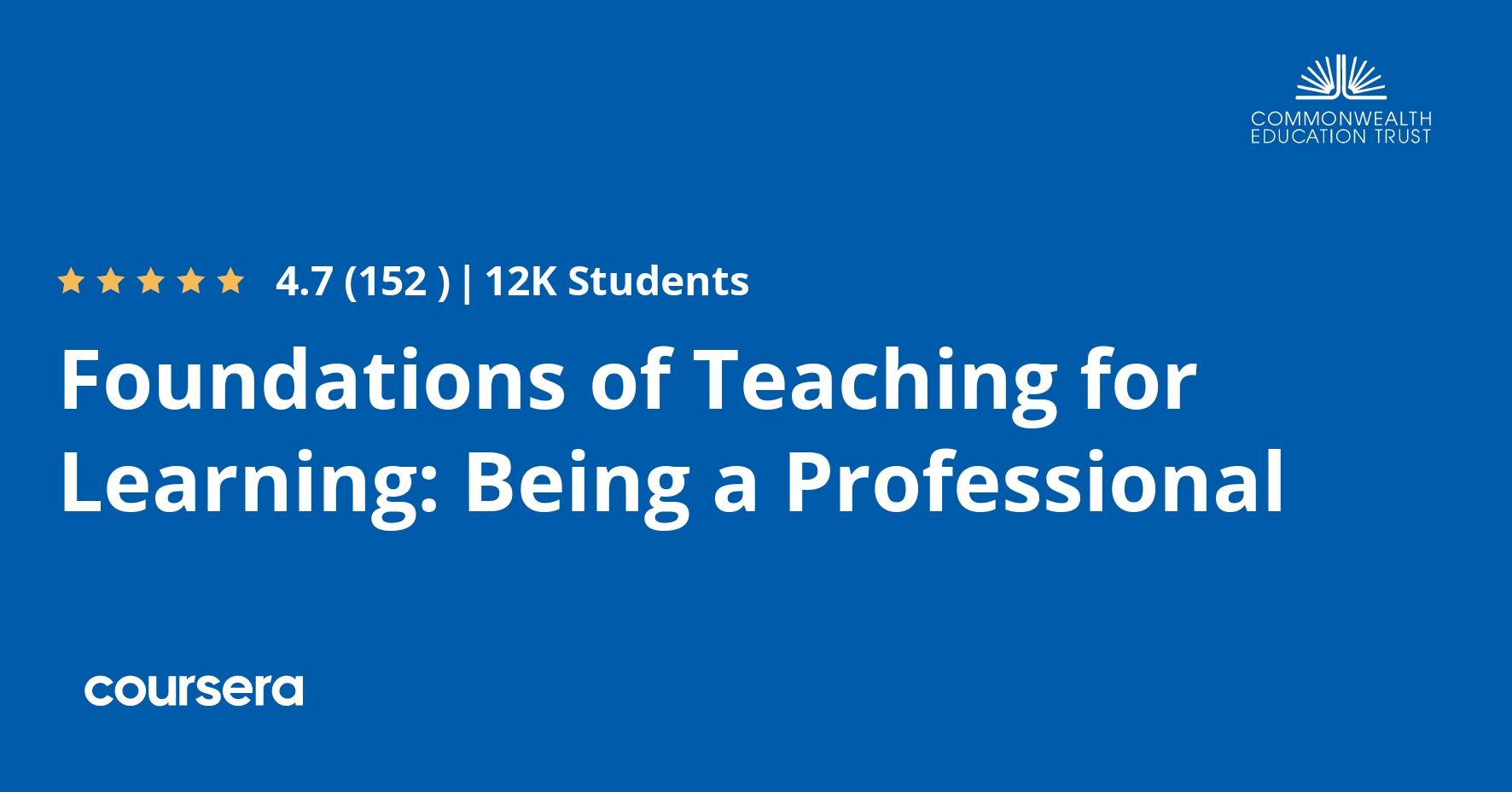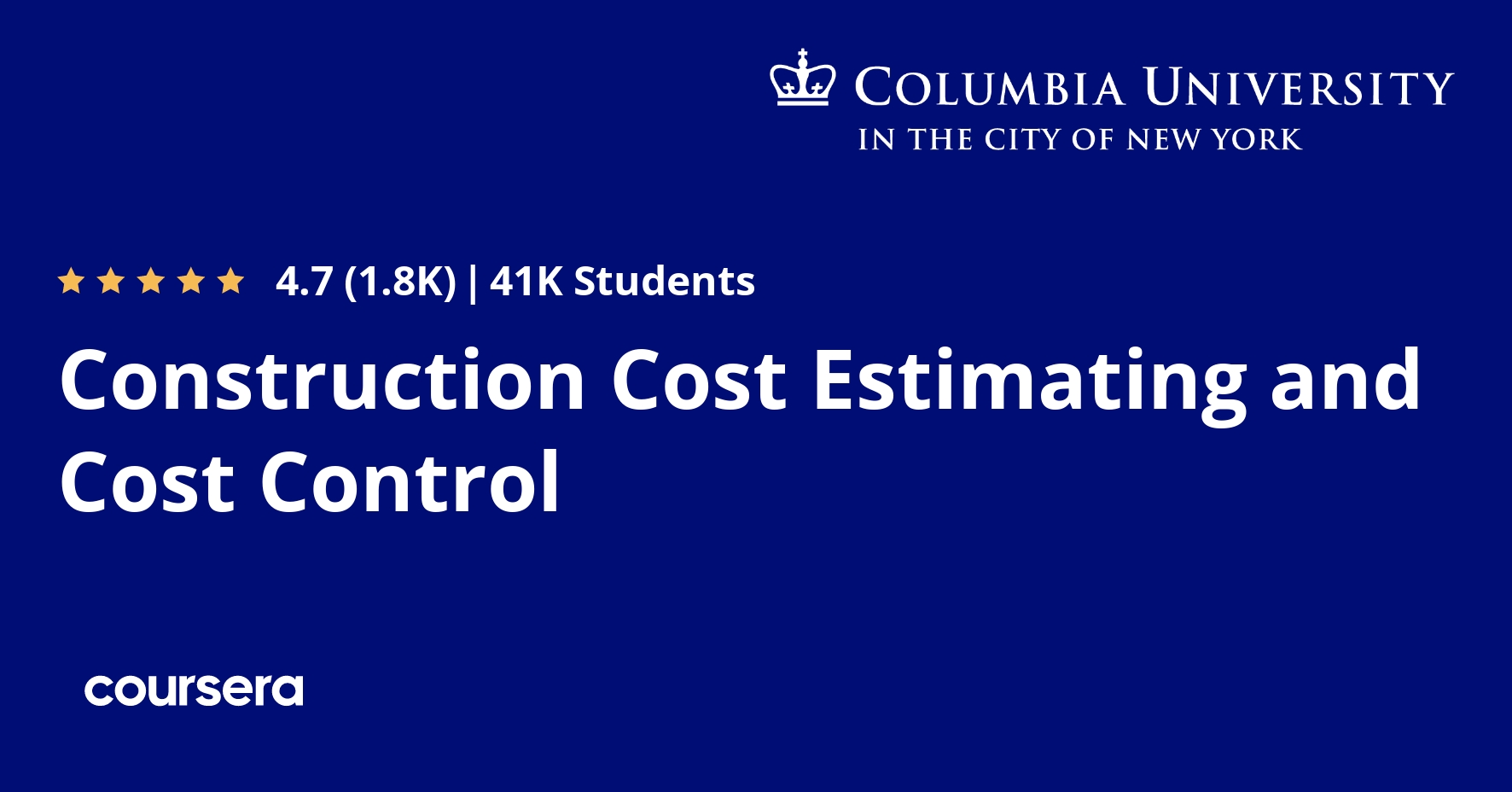Description
The Foundations of Teaching for Learning programme is for anyone who is teaching, or who would like to teach, in any subject and any context – be it at school, at home or in the workplace. With dynamic lessons taught by established and respected professionals from across the Commonwealth, this eight course programme will see you develop and strengthen your skills in teaching, professionalism, assessment, and more. As you carry on through the programme, you will find yourself strengthening not only your skills, but your connection with colleagues across the globe. A professional development opportunity not to be missed.
This course will emphasise what you can do to act professionally. This includes developing your own philosophy of teaching and making sure that you continue to improve your knowledge and skills. It also considers what it means to be part of a community of professionals, working with others to improve what happens in your school, community and profession.
Enhance your course by joining the Commonwealth teaching community on our website, Facebook and Twitter.
What you will learn
What it means to be a professional
This week we will consider what it means to be a teaching professional. We will ask you to think about your own beliefs about teaching and education in light of the expectations that society has for teachers. We will also reflect on the importance of the teacher and the school to the achievement and development of each child. At the end of this week you will have engaged in a personal reflective process to assist you to think about teaching, what is expected of teachers, and what teaching entails. This is something that we will continue to examine and develop in the remaining parts of the course.
Ethics, codes of conduct and standards for teachers
Now that we have started to consider teaching as a profession, we will begin to reflect on professional behaviour and ethics in more detail. We will look at the various means that are used to ensure that agreed professional standards are met. The topics covered are: professional ethics; professional distance; the features and uses of professional standards for teachers; the formal procedures around the accreditation of teacher education courses, teacher registration, certification, appraisal, and performance management; and teacher behaviour and codes of conduct. You’ll also be encouraged to reflect upon what happens in your particular school or context and how this compares with these more general expectations for teachers and schools held by society and in various parts of the world.
Legal and administrative responsibilities of a teacher
This week we will consider the roles that statute law, judge-made law and case law play in teaching and schooling. We will examine the concept of duty of care, the care that is owed to students by their teachers and school, and its implications for your professional practice. We will also consider the rights and responsibilities of students, parents, caregivers, and teachers. What is and is not reasonable for parents and students to ask for in relation to schooling? You will be encouraged to reflect upon your professional behaviour as a teacher and to consider how these issues might impact upon current practices in your classroom and in your school. You will also be encouraged to discuss these issues with your principal, colleagues, and other course participants.
Developing a personal philosophy of teaching
Building on the last three weeks, we will now consider the importance of developing a personal philosophy of teaching. We will look at the impact that teaching and schools can have on student learning and development, and on student lives more generally. We will examine research that demonstrates how and why views on the impact of teaching have changed over time, and consider some of the big challenges we face in ensuring that every student has access to quality teaching. We will also examine the concept of socio-economic status and its influence on student achievement. An important issue we will emphasize this week is the need for all teaching strategies and approaches to have a strong evidence base grounded in research. We will utilize effect size research to consider those strategies which have lesser and greater effects on student learning. We encourage you to reflect upon your values, beliefs, and current philosophy of teaching.






